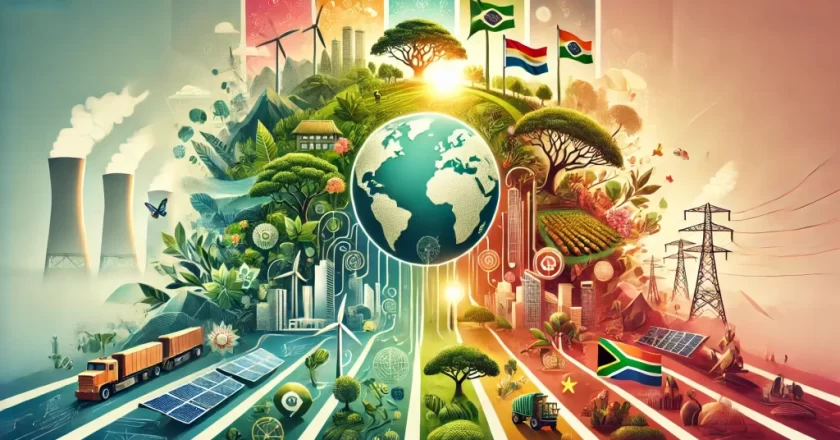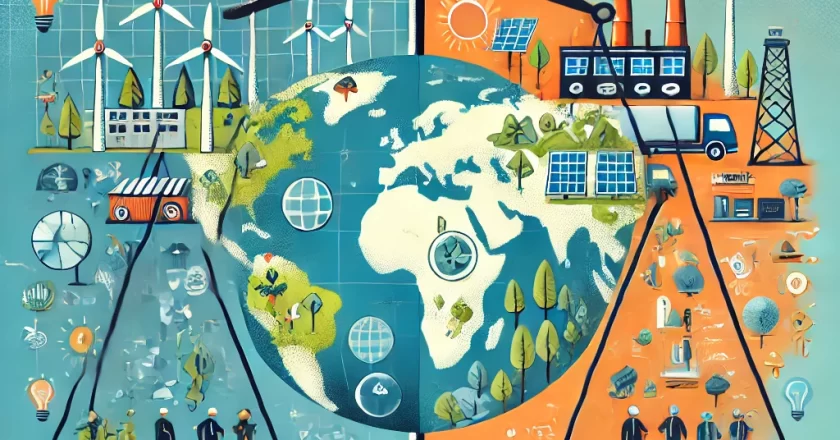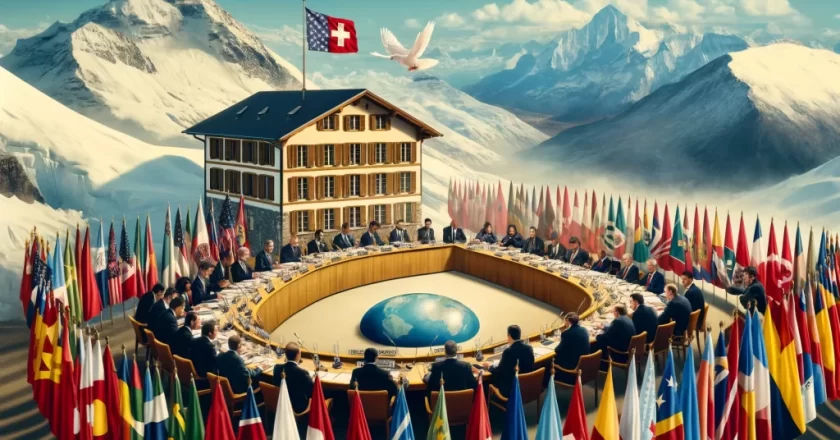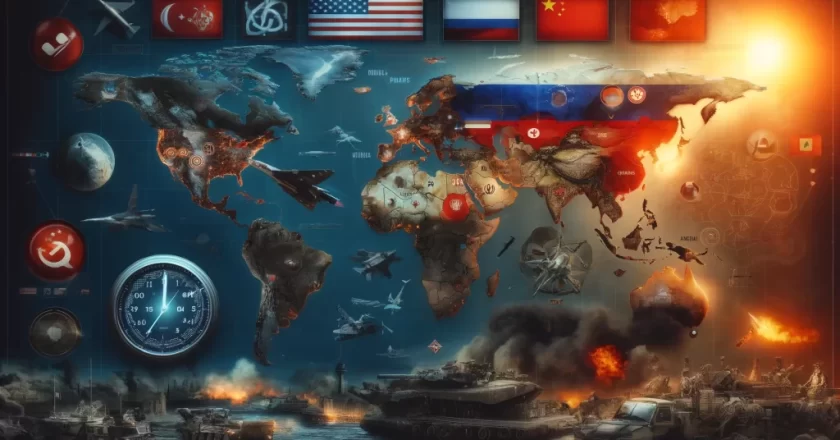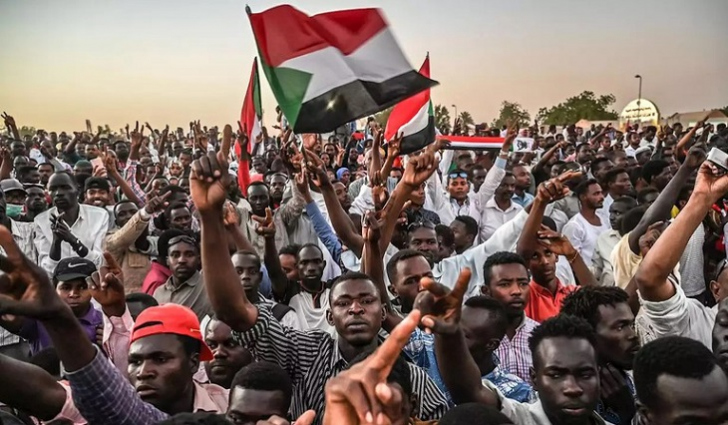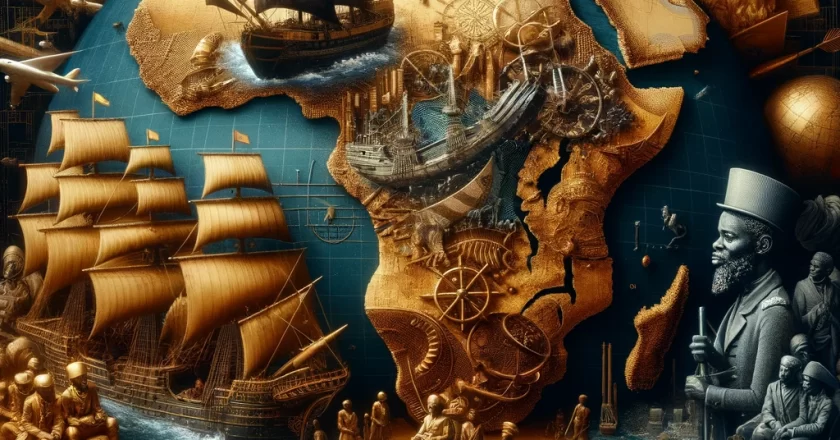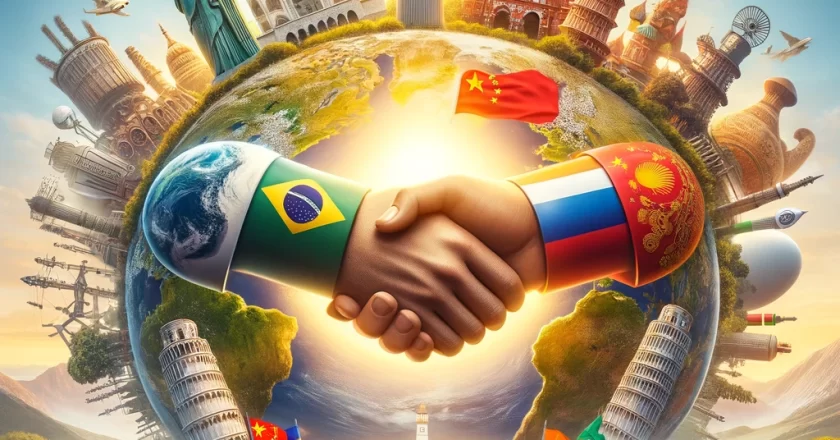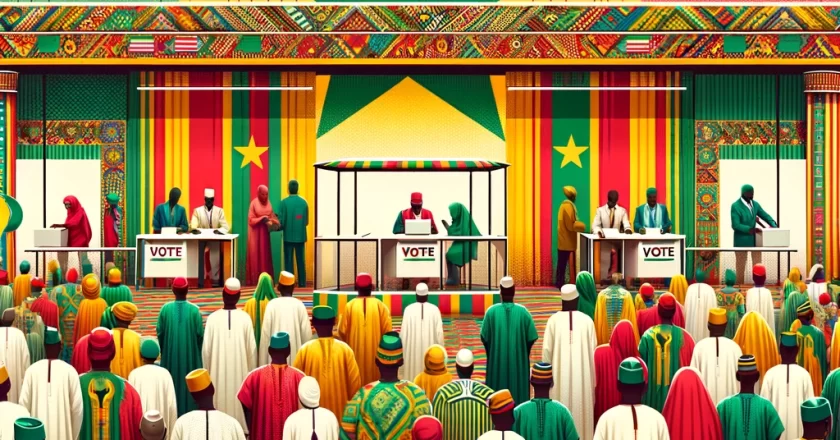Sustainable development in BRICS: an independent path to a balanced future
The Kazan Declaration, resulting from the XVI BRICS Summit held in October 2024, emphasizes the need to strengthen multilateralism to promote fair and sustainable global development. Member countries — Brazil, Russia, India, China and South Africa — recognize the importance of adopting an independent path that balances the demands of economic development with the urgency of addressing climate change.
Historically, developed nations were mainly responsible for greenhouse gas emissions, contributing significantly to global warming. However, developing nations, including BRICS countries, face the challenge of growing economically while implementing sustainable practices. The Kazan Declaration re...

